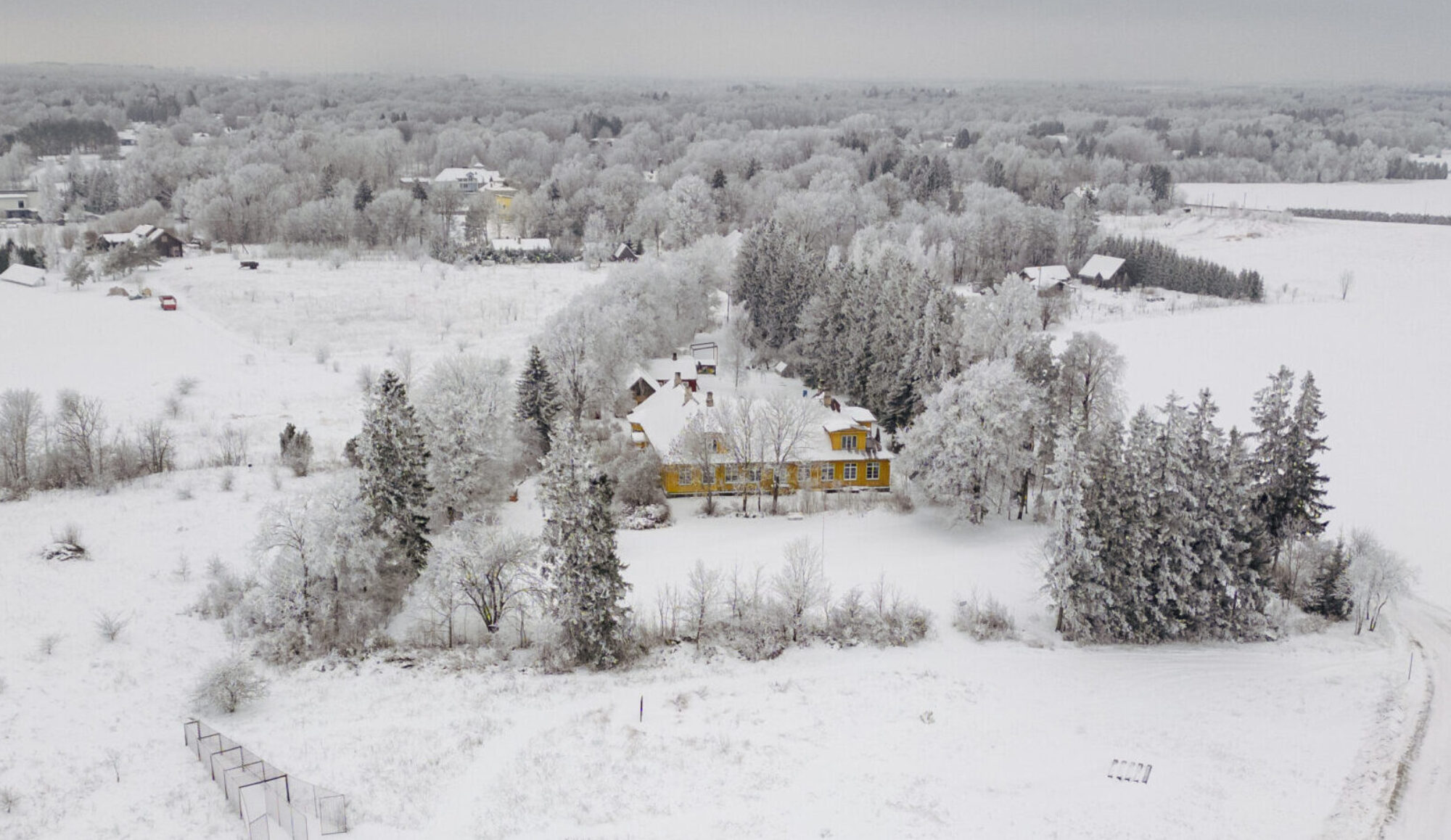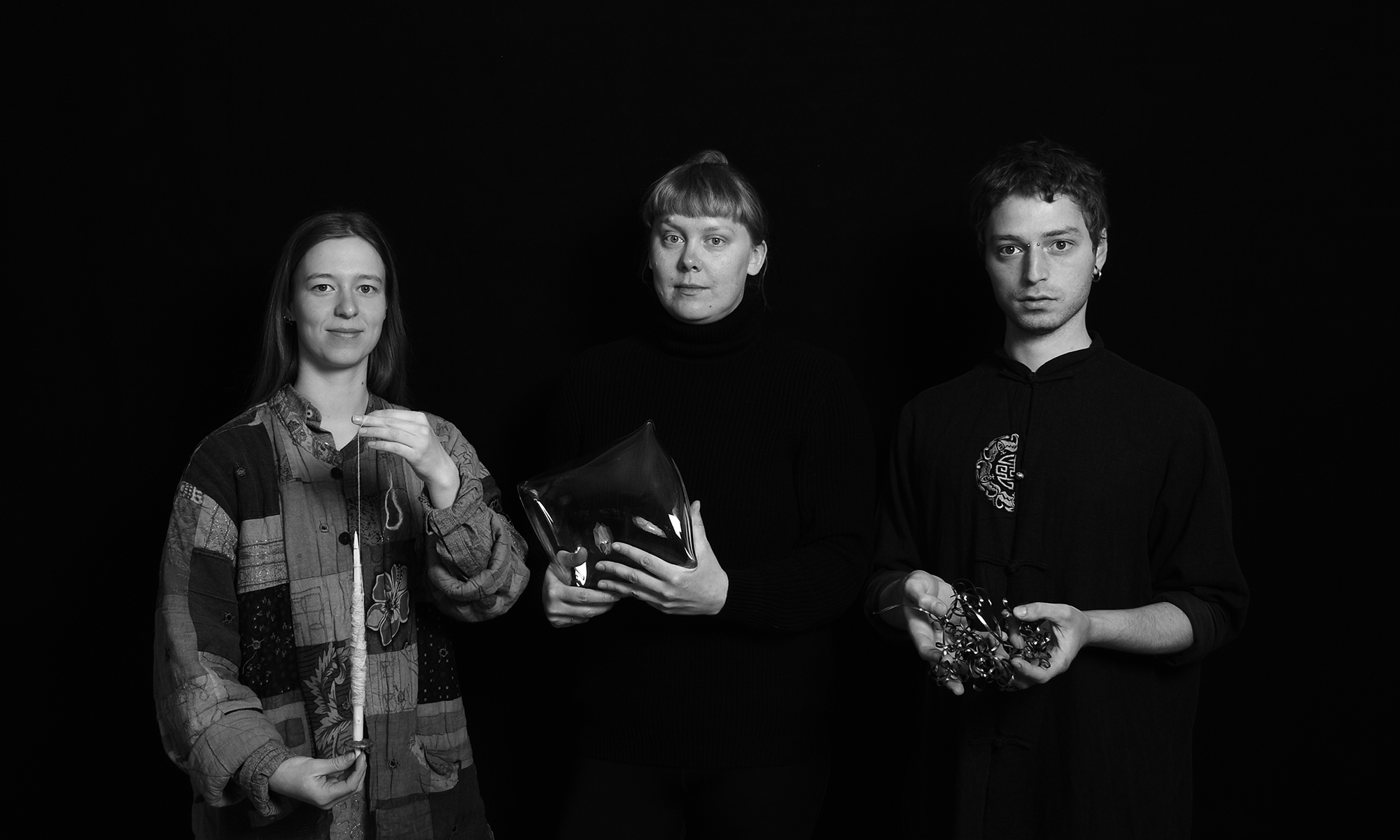Ingrid Helena Pajo is a textile artist working mostly with weaving techniques, based in Tallinn, Estonia. Right now, she’s finishing MA studies at the Estonian Academy of Arts, in the textile department. Previously she has also studied printmaking in Rome and Illustration in Urbino.
In her practice, she’s looking for the simplest and less intrusive ways of working and living. In Copper Leg Art Residency, she’s looking for methods to put the ancient techniques of weaving in use with found materials.
Maarja Mäemets (b. 1991 in Tartu) is an artist, freediver, and a yogini. She reflects her own fragility and constantly morphing feelings, thoughts, and circumstances in her work. She believes there are no standstills, only constant motion in which there is a high chance to lose oneself.
Mäemets has a BA (2015) and MA degree (2018) in glass art from the Estonian Academy of Arts. In 2017 she studied for a semester at the Academy of Fine Arts Vienna in Heimo Zobernig’s class, where her more multidisciplinary approach as an artist started to shape. Since then, her work focuses on combining glass art, photography, and video. She creates mostly site-specific installations and seeks unusual exhibiting environments – such as the depths of underwater. The beauty of words and writing plays a vital role in the concepts and spaces created along her journey.
Copper Leg Art Residency has become an important leisure time for Mäemets. The place offers valuable moments of being. Silence for cultivating yoga and other body-mind practices. The one-of-a-kind emptiness thus created in one’s head works as an effective filter when visualizing and planning upcoming projects. In addition, after a fifteen-year break, the artist has once again an opportunity to turn the wheel of a printing press in her hands.
Eugenio Marini is based in both Rome and Tallinn. His practices are focused on the use of scrap and found materials as a medium to reflect on the idea and meaning of utility in today’s living. In Copper Leg he’s working on a series of sculptures imitating the shape of corals, using an old wire net found on the site. For him, the rusty and robust nets are like ruins and at the same time their lightness and transparency make them ghostlike – resembling the illusion of usefulness.


